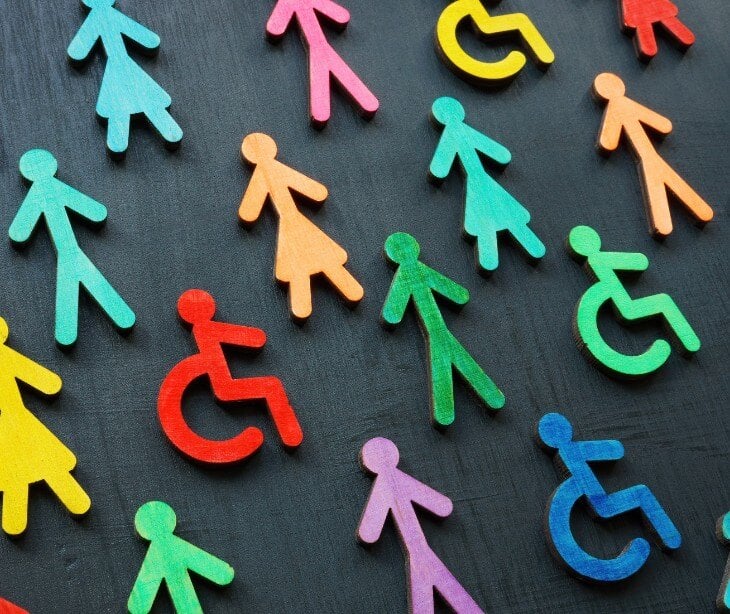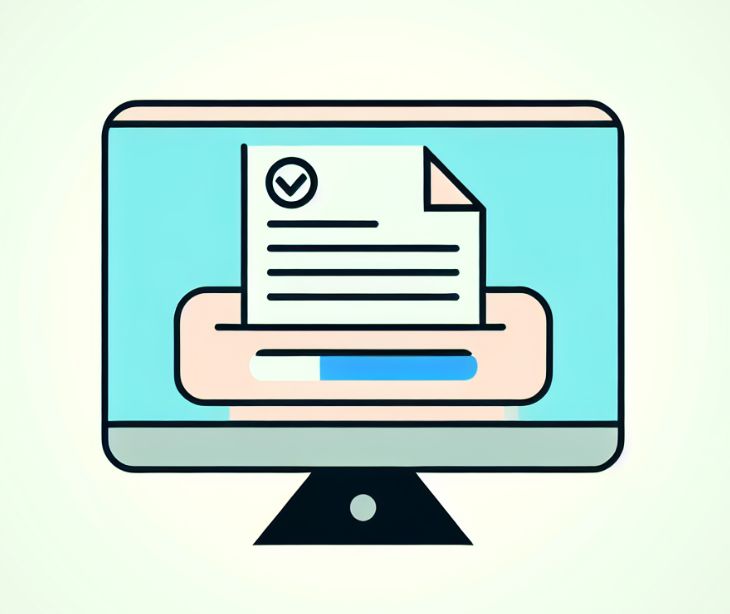
Healthcare organizations that prioritize equity and accessibility in their communication strategies fulfill legal and ethical obligations and create a foundation for stronger patient-provider relationships. Through HIPAA compliant email, healthcare providers can deliver secure, personalized care that respects each patient’s unique circumstances, ultimately contributing to a more equitable healthcare system.
Why equity and accessibility matter in healthcare communication
Effective healthcare communication is a cornerstone of quality care, influencing patient understanding, satisfaction, and adherence to treatment plans. However, barriers like limited digital literacy, disabilities, or language differences can prevent some patients from fully benefiting from digital health resources. A 2021 study on the Disparities in Health Care and the Digital Divide found that patients from minority groups and those with limited technological access often face disparities in digital healthcare engagement, indicating the need for equitable communication strategies.
Incorporating equity and accessibility into HIPAA compliant email communications helps ensure that all patients can access health information without discrimination or difficulty. Approaching communication through this lens aligns with legal and ethical standards and strengthens patient-provider relationships, fostering trust and engagement among traditionally underserved groups.
Read more: How can healthcare providers ensure email communication is accessible?
Benefits of HIPAA compliant email for inclusive communication
- Confidentiality across demographics: HIPAA compliant email provides a secure way to share personal health information (PHI), protecting privacy regardless of a patient’s socioeconomic status, geographic location, or background. Encrypted email ensures sensitive data remains confidential, building a foundation of trust with patients who might be more vulnerable to data breaches or misuse of their information.
- Remote access for under-resourced populations: Patients in rural or low-income areas may have limited access to in-person healthcare services. HIPAA compliant email allows these patients to receive timely updates, educational materials, and health reminders without requiring a visit to a healthcare facility. Providing this form of communication reduces barriers to information and care, supporting more equitable healthcare experiences.
- Facilitates multilingual support: Language can be a barrier in healthcare. HIPAA compliant email allows providers to send translated communications or include links to multilingual resources, making it easier for non-English-speaking patients to understand their health information. In 2020, the Oman Medical Journal proved that patients receiving care in their native language reported higher satisfaction and better adherence to treatment, indicating the impact of language-accessible communication.
- Accessible format options: HIPAA compliant email platforms can accommodate various accessibility tools, such as screen readers, text enlargement, and alternative text for images. These features are beneficial for patients with disabilities, ensuring that they have equal access to their health information.
Strategies for ensuring equity and accessibility in HIPAA compliant email
To make HIPAA compliant email communications more equitable and accessible, healthcare providers can adopt the following practices:
- Use plain language: Emails should be written in clear, straightforward language that patients of all literacy levels can understand. Avoiding medical jargon and complex terms helps ensure that patients from diverse backgrounds can comprehend their health information.
- Include multilingual options: Offering email communications in multiple languages ensures equity among non-English-speaking patients. Many HIPAA compliant email platforms allow providers to include multiple language options or links to translated resources. For example, providers can send reminders or educational materials in languages commonly spoken by their patient population, helping to bridge language barriers.
- Design emails for accessibility: HIPAA compliant emails should follow accessibility best practices, such as providing alternative text for images, ensuring contrast between text and background, and using descriptive subject lines. These elements help make emails compatible with screen readers and other assistive devices. The World Wide Web Consortium (W3C) provides guidelines for designing accessible digital content that can be applied to email communications, ensuring inclusivity for patients with disabilities.
- Offer accessible contact methods: Patients benefit from having multiple options to respond to email communications or seek clarification. Providing phone numbers for verbal support, or text-based chat options ensures that patients, including those with hearing impairments, can communicate in ways that suit their needs.
- Obtain patient consent for email: Not all patients may feel comfortable receiving health information via email. Before sending emails, healthcare providers should obtain patient consent and ensure they understand the privacy measures in place. Some patients, especially older adults or those less familiar with digital communication, may prefer phone calls or in-person updates.
- Conduct regular training on cultural competency and digital inclusion: Staff involved in patient communications should be trained to understand the diverse needs of patients and adapt their approach accordingly. Cultural sensitivity and digital inclusion training equip teams to create email communications that are respectful, accessible, and effective for all patients, including those from underserved communities.
Read also: Accessibility and readability best practices for healthcare emails
FAQs
What is HIPAA?
HIPAA is a federal law established to protect sensitive patient health information from being disclosed without the patient's knowledge or consent. It sets national standards for safeguarding personal health data and ensures its confidentiality, integrity, and availability.
Can providers use standard email to share patient information?
No, providers must use a HIPAA compliant emailing platform, like Paubox, when sharing patient information. These platforms provide security features like encryption and two-factor authentication, preventing unauthorized access and potential data breaches.
Learn more: HIPAA Compliant Email: The Definitive Guide
Subscribe to Paubox Weekly
Every Friday we'll bring you the most important news from Paubox. Our aim is to make you smarter, faster.



